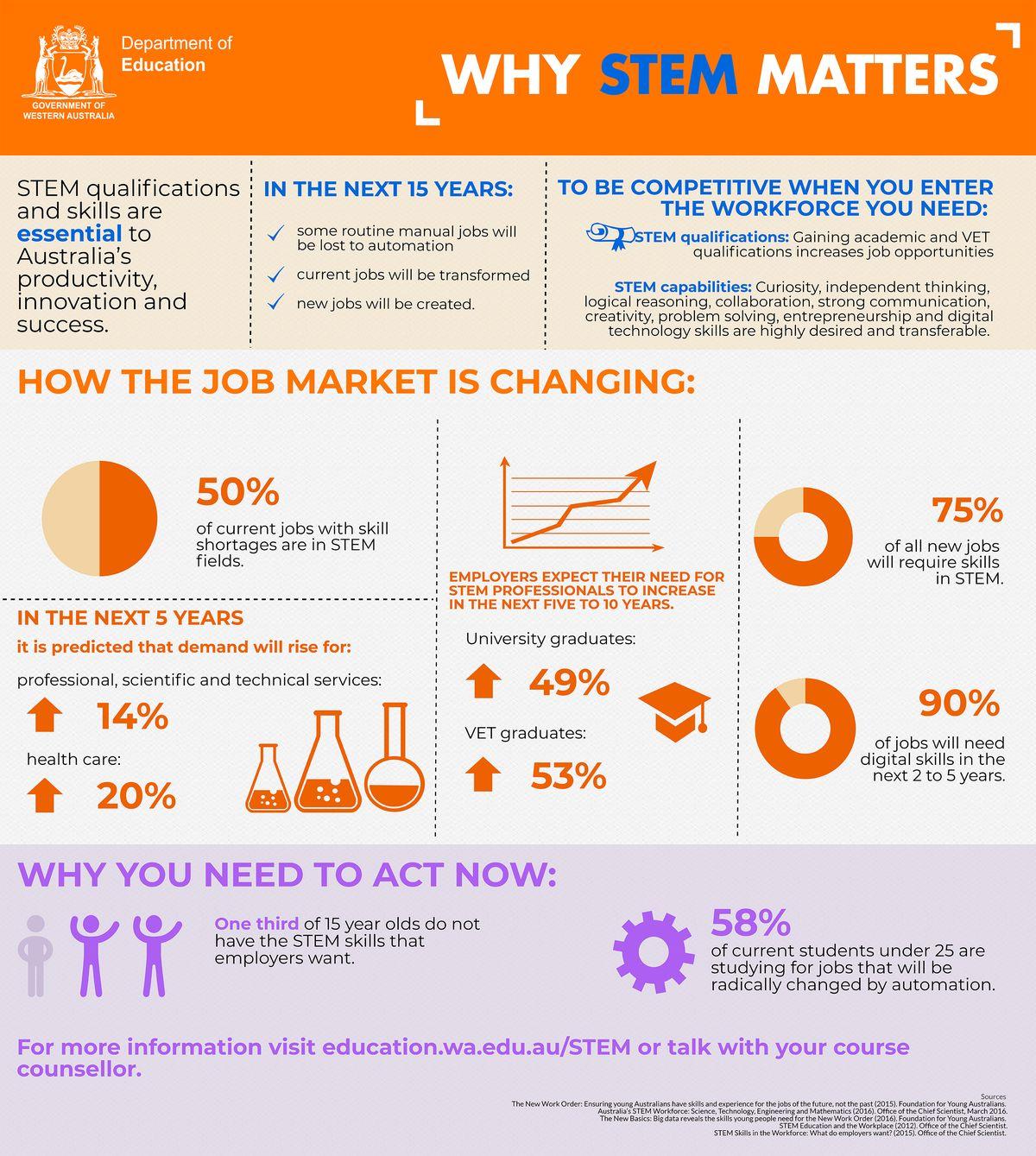E-Learning News

Digital Technologies Curriculum
Rationale
The Digital Technologies curriculum enables students to become confident and creative developers of digital solutions through the application of information systems and specific ways of thinking about problem solving.
Students acquire a deep knowledge and understanding of digital systems, data and information and the processes associated with creating digital solutions so they can take up an active role in meeting current and future needs.
The curriculum has been designed to provide practical opportunities for students to explore the capacity of information systems to systematically and innovatively transform data into digital solutions through the application of computational, design and systems thinking.
The curriculum also encourages students to be discerning decision makers by considering different ways of managing the interactions between digital systems, people, data and processes (information systems) and weighing up the possible benefits and potential risks for society and the environment.
Implementing the Curriculum at CCK
Students across all year levels have already started working through some great activities that meet the requirements of the Digital Technologies Curriculum and also tie into other areas including Mathematics and Design and Technologies.
In Terms 3 and 4, each year level will be working on explicit activities that address the Curriculum and this will be assessed in time for the Term 4 Student Reports.
STEM
STEM is an approach to learning and development that integrates the areas of science, technology, engineering and mathematics.
Why is STEM important?
The global economy is changing. Current jobs are disappearing due to automation and new jobs are emerging every day as a result of technological advances.
The continual advances in technology are changing the way students learn, connect and interact every day. Skills developed by students through STEM provide them with the foundation to succeed at school and beyond.
Employer demand for STEM qualifications and skills is high, and will continue to increase in the future. Currently, 75 per cent of jobs in the fastest growing industries require workers with STEM skills. To be competitive, the Australian workforce needs people who can adapt to a changing workplace.
STEM empowers individuals with the skills to succeed and adapt to this changing world.
Check out this great info graphic below, it identifies the importance of STEM in a really clear, visual way:
The students in Year 5/6 have started working on some STEM projects and we will include some photos next week.

